From November 5th-7th 2024, I had the honor of attending a transformative three-day training on gender-responsive communication at the Four Points Sheraton Hotel, Kampala. Facilitated by the Aga Khan School of Media and Communication under the Advancing Gender Equality in Media and Civil Society (AGEMCS) Project, this training empowered media professionals to incorporate gender sensitivity into our work and train others to do the same. Below, I share highlights from each day’s sessions, which built a strong foundation for championing gender equality in media.
Day 1: Foundations of Gender and Media
The first day began with an opening ceremony, introducing us to the project’s objectives and setting the stage for learning. We then delved into core gender concepts and explored how gender is socially constructed—a critical foundation for understanding biases in media.
One of the most impactful sessions was on gender analysis in media products. Guided by real-life examples, we learned to identify gender stereotypes and biases that shape public perception. This was followed by an insightful segment on instructional skills, emphasizing the importance of clear, inclusive language when educating others on gender issues. The day concluded with an evaluation, allowing us to reflect on the day’s discussions and set goals for applying these insights.
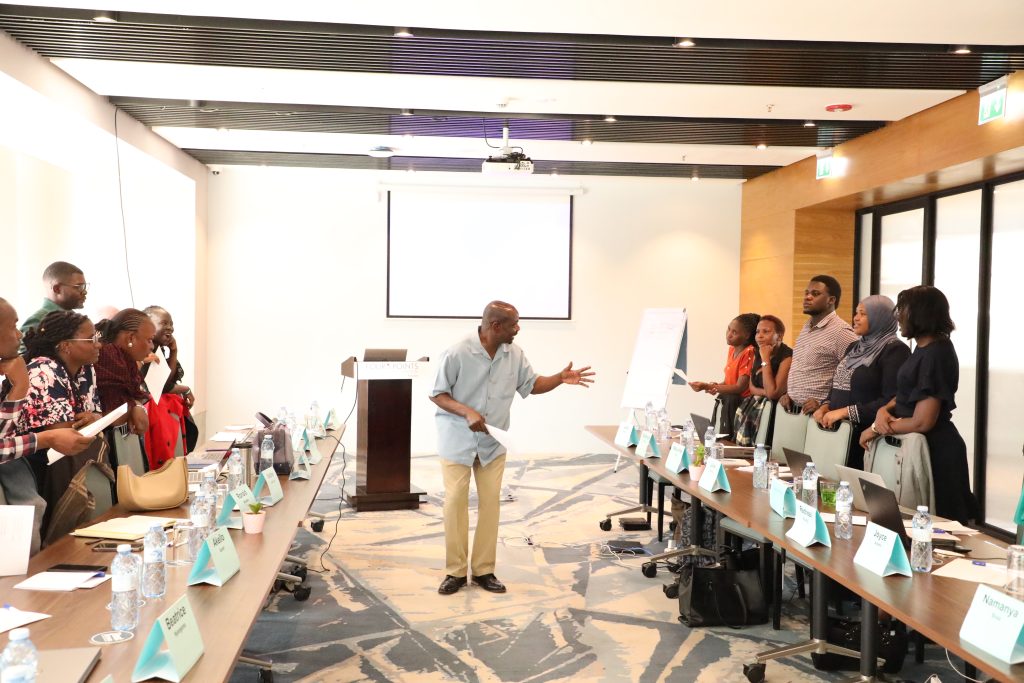
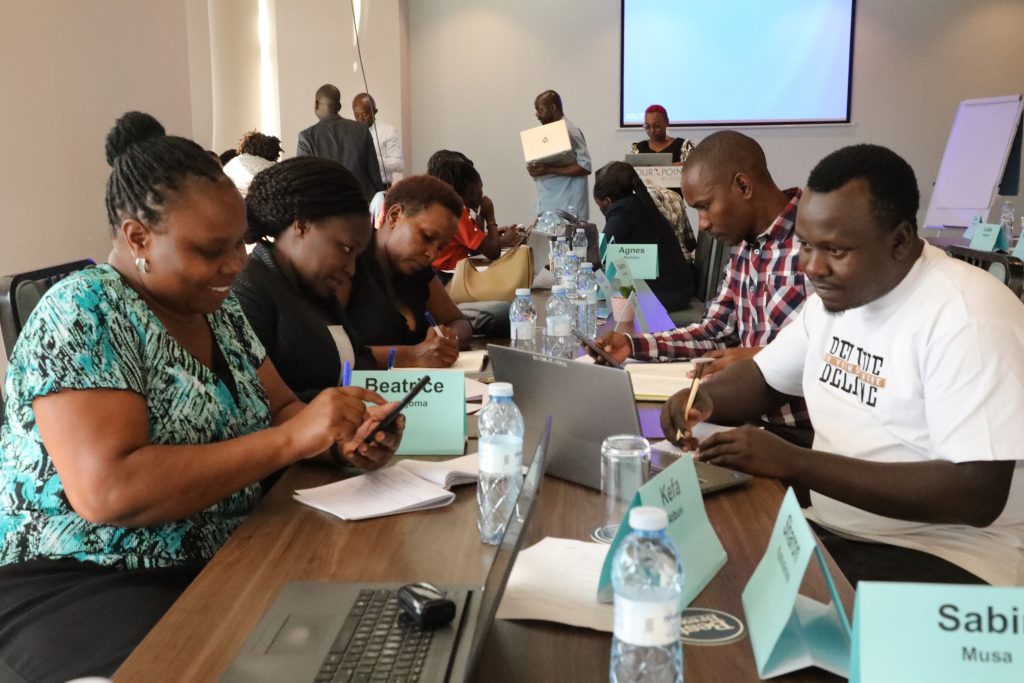
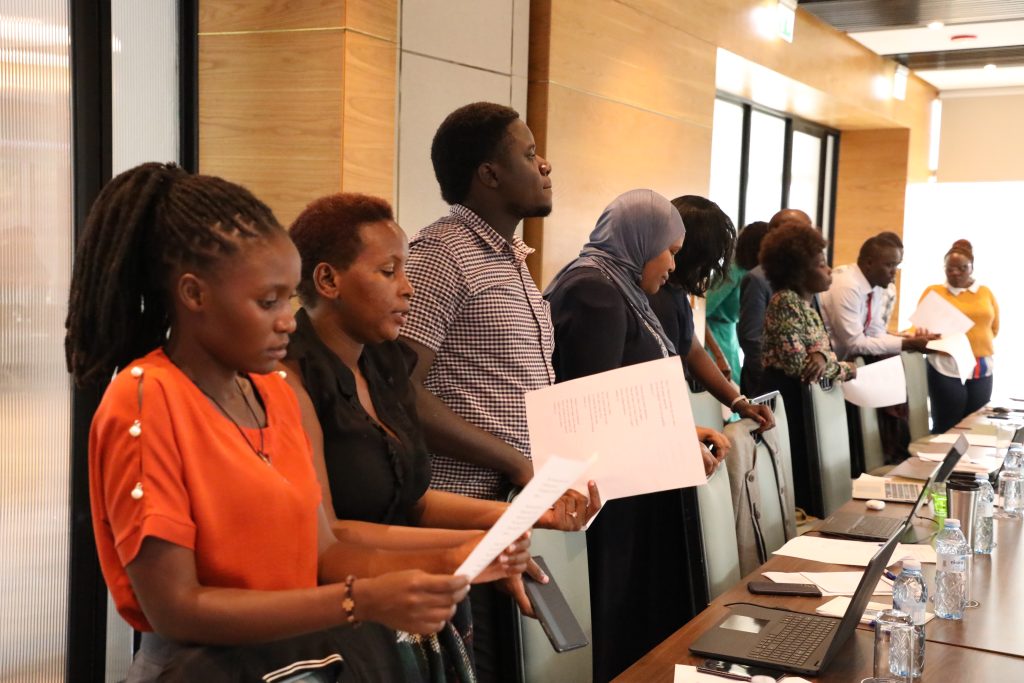
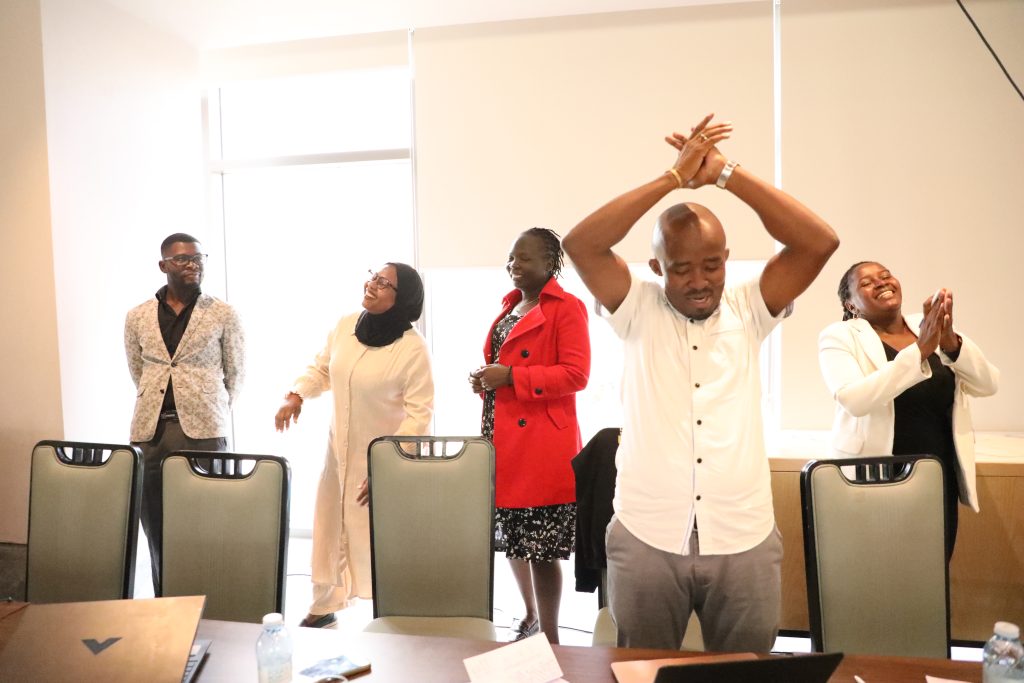
Day 2: Gender-Sensitive Communication in Practice
Day two began with a recap of day one, followed by a powerful discussion on the State of Women in Media. We examined gender disparities in media representation, with particular focus on Ugandan contexts. Next, we dove into gender-sensitive communication and the ethical considerations essential for accurate and fair gender reporting.
A session on the Gender Responsive Media and Communication Curriculum was a key highlight, providing us with structured materials to implement gender-sensitive approaches in our future training sessions. In the afternoon, we practiced delivering mini-lessons on gender and communication, receiving peer feedback that helped refine our teaching skills. This exercise was immensely valuable, giving each participant a chance to practice applying gender concepts in real-world scenarios.
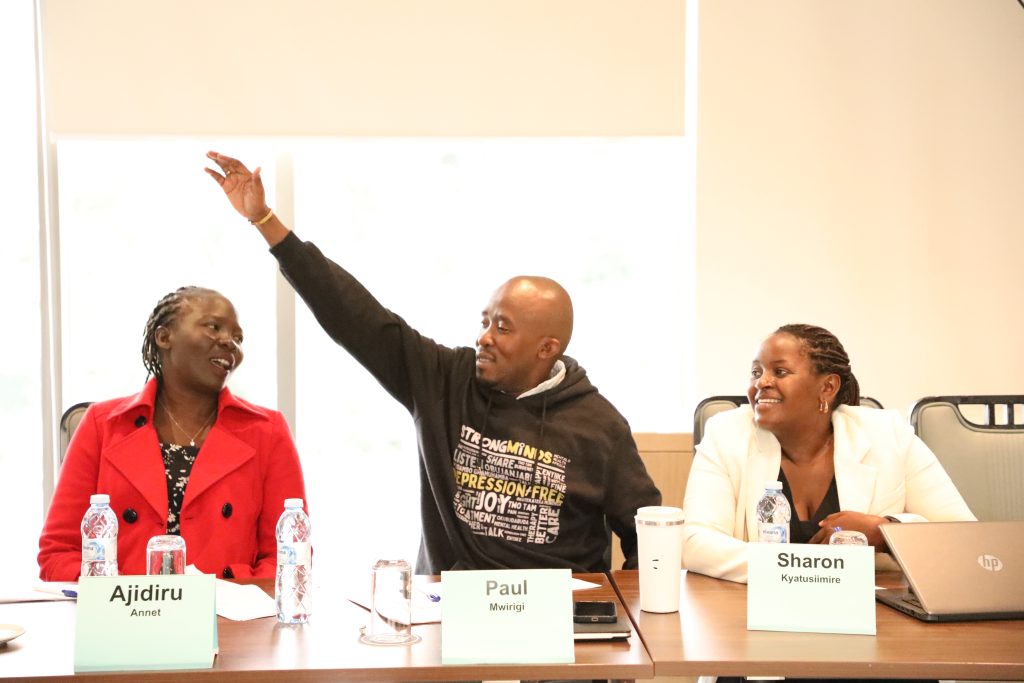
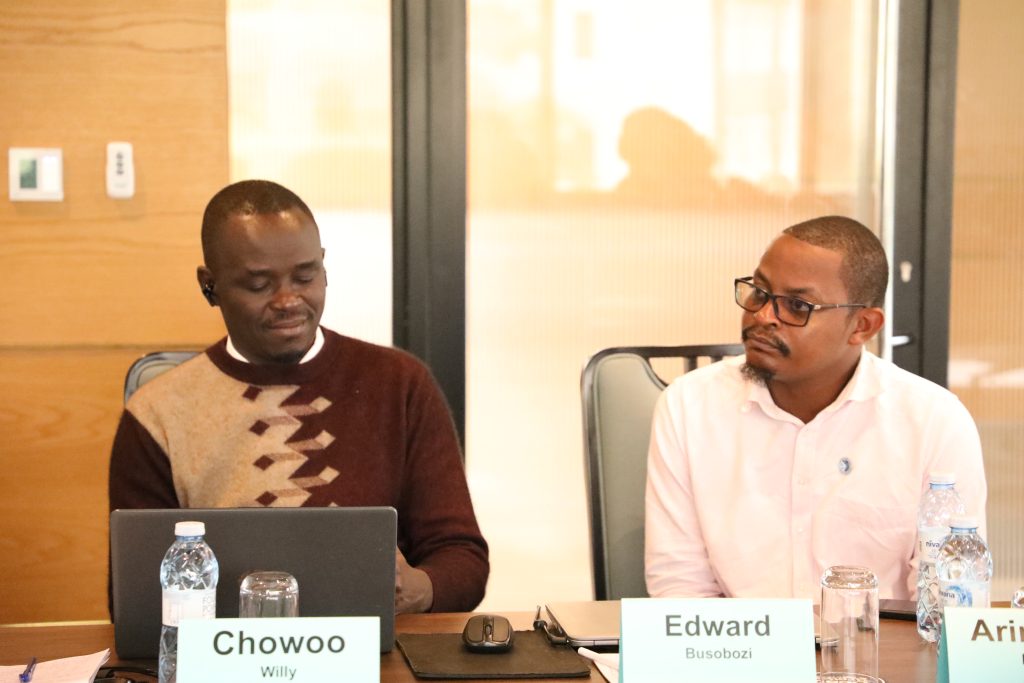
Day 3: Policies, Frameworks, and Future Directions
The final day began with an overview of gender policies, legal, and institutional frameworks. This session deepened our understanding of the policies that support gender equality in media, highlighting the importance of advocating for these frameworks in our workplaces. We then covered gender mainstreaming, exploring how to incorporate gender perspectives across all aspects of media and communications.
The afternoon was dedicated to another round of micro-teaching and group presentations. Each participant presented a mini-lesson, demonstrating the application of gender-responsive communication strategies. We closed the day with a reflective session on future actions, discussing how to carry forward the training’s lessons and implement them in our personal and professional lives. Certificates were awarded, symbolizing our commitment to advancing gender equality in our fields.
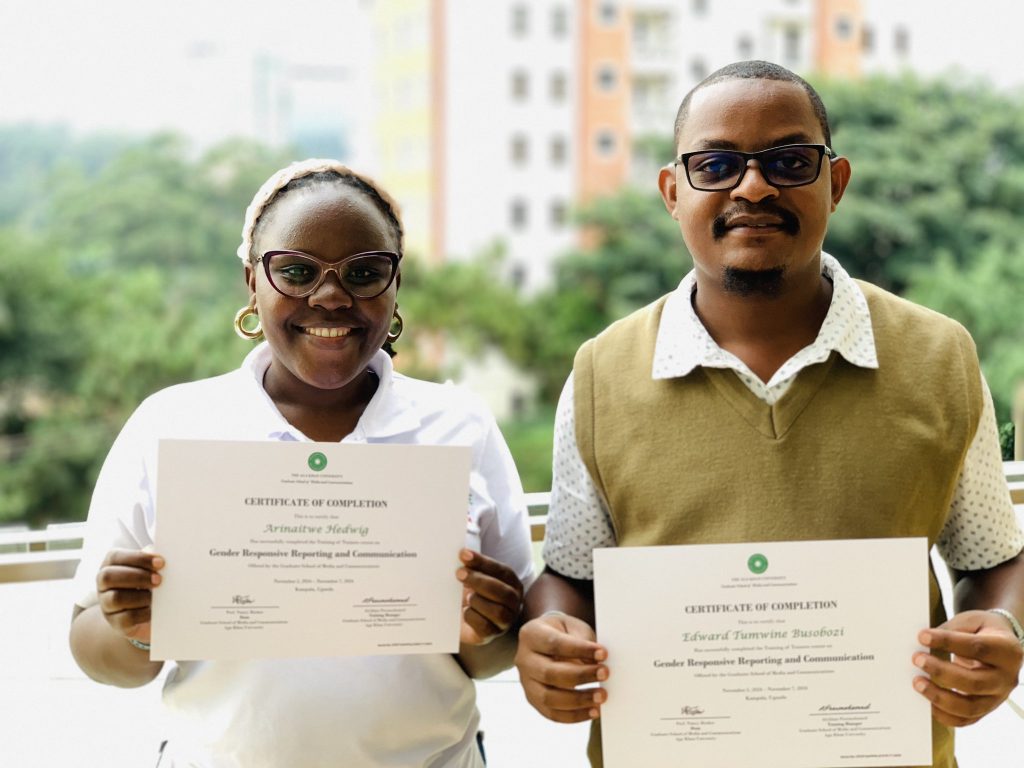
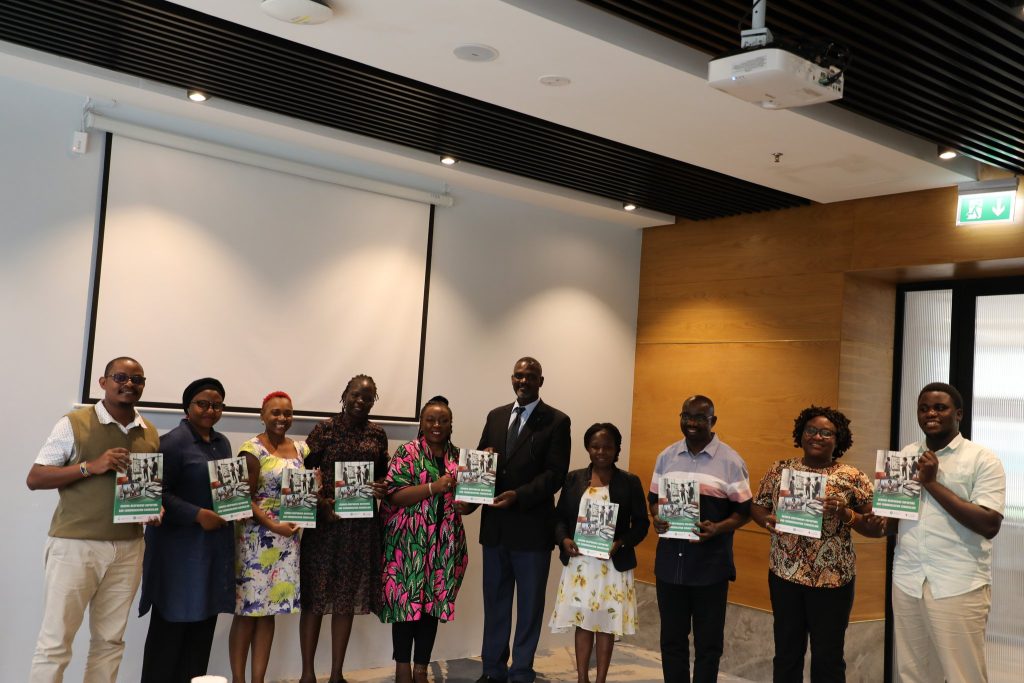
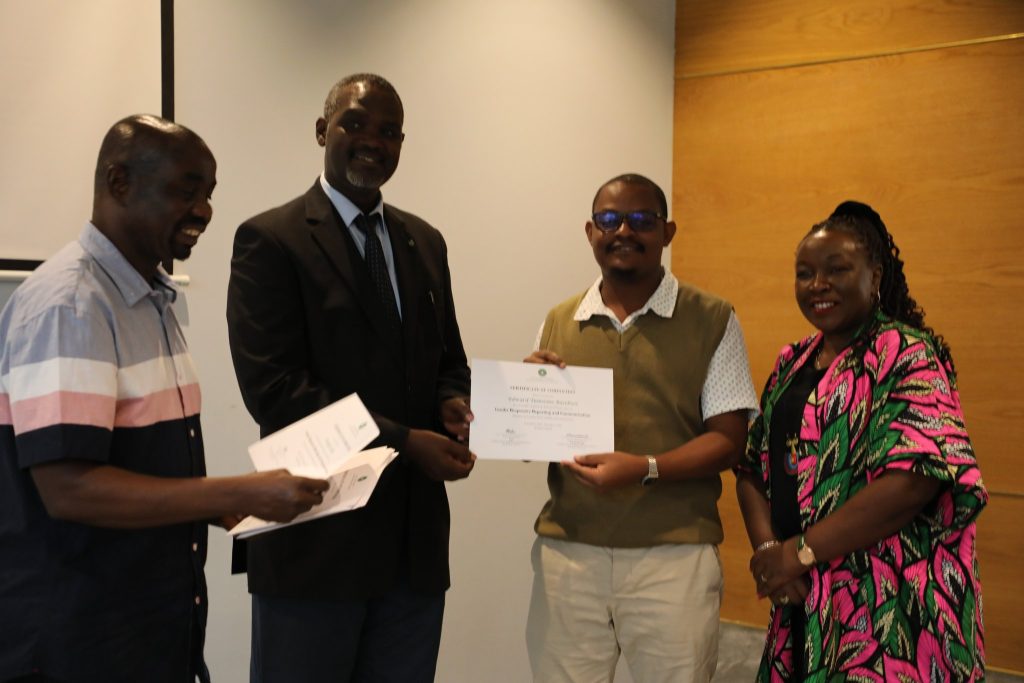
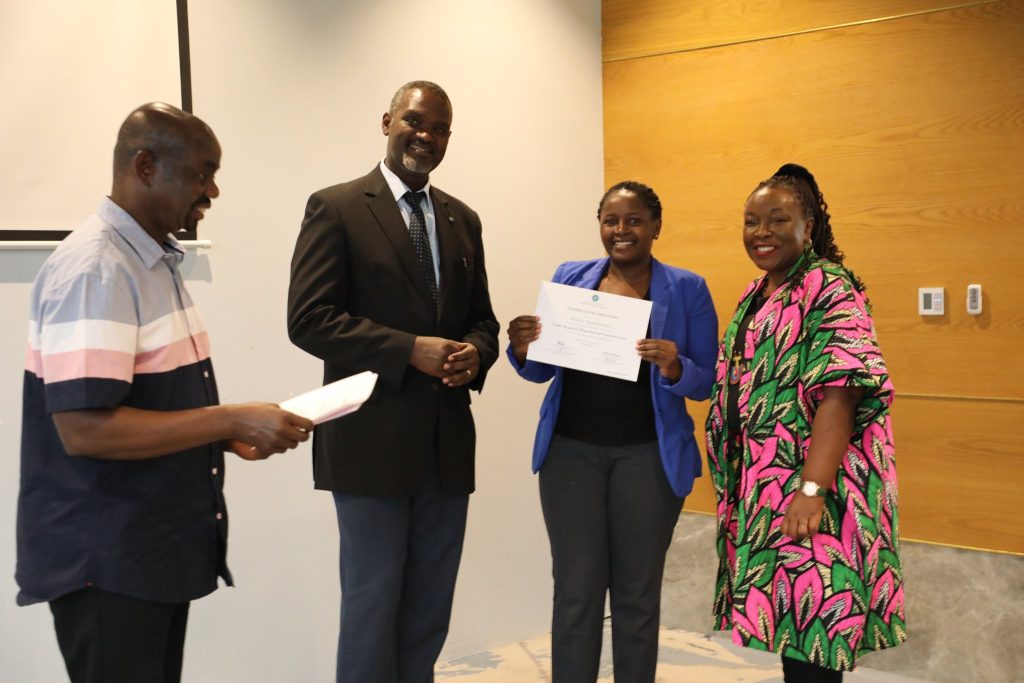
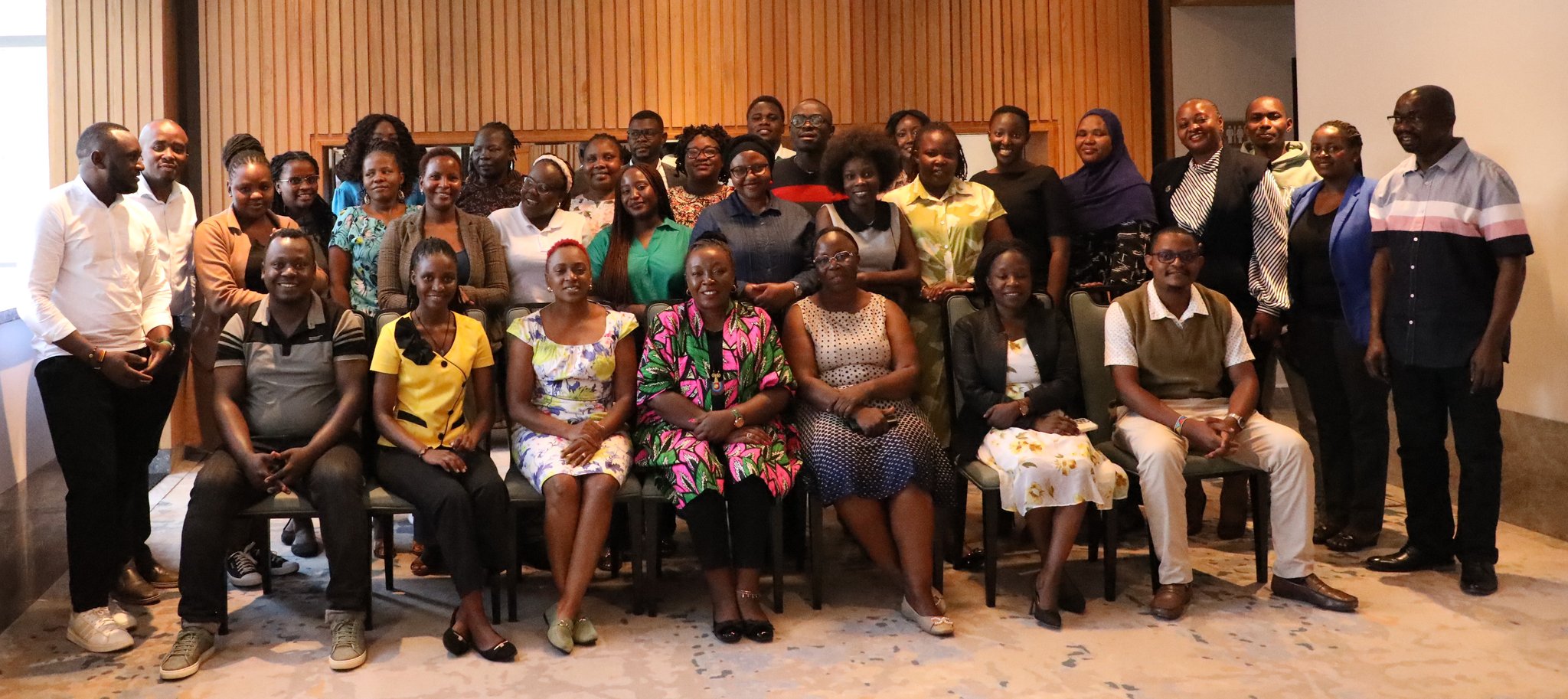
Leave a Reply